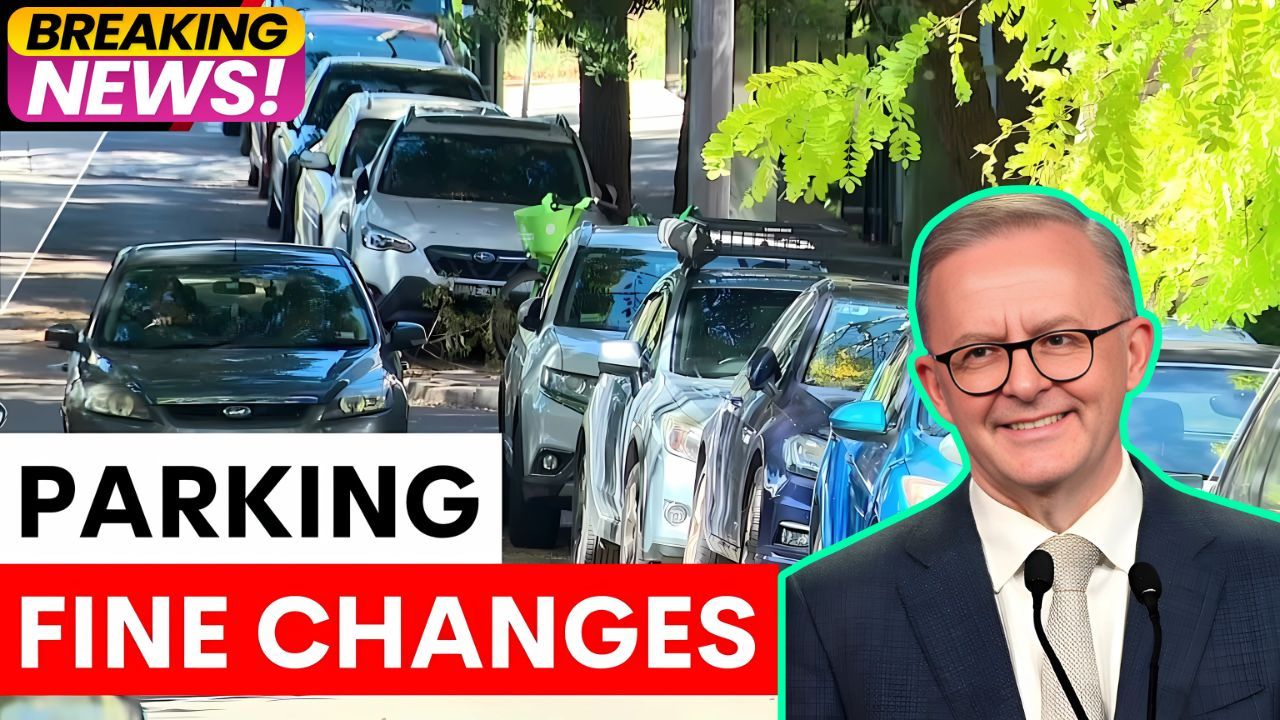Across Australia, motorists are voicing their frustration after reports emerged of $180 parking fines being issued in several cities and regional towns. Many drivers claim the penalties are excessive, particularly given the rising cost of living. The surge in fines has sparked debates on whether such charges are fair or even legal under current state and territory laws.
The Legal Framework for Parking Fines
Parking fines in Australia are enforced under local government laws and state or territory road rules. Councils have the authority to set fine amounts within legal limits, often reviewed annually. In most jurisdictions, the maximum penalties are determined by state legislation, but councils decide the actual figure applied.
For example, in New South Wales, the law sets an upper cap for parking offences, but local councils can set their own rates within that cap. In Victoria, penalties are linked to “penalty units,” which can increase yearly.
Variation in Fines Across States
The $180 figure making headlines is not universal it varies depending on location, type of offence, and enforcement authority. In some areas, the same offence could cost far less or significantly more.
| State/Territory | Typical Parking Fine Range | Highest Reported Fine (2025) | Notes |
|---|---|---|---|
| New South Wales | $120 – $180 | $180 | Inner-city councils among highest |
| Victoria | $100 – $192 | $192 | Linked to penalty unit system |
| Queensland | $80 – $150 | $150 | Varies by council area |
| South Australia | $85 – $180 | $180 | Higher in CBD zones |
| Western Australia | $70 – $150 | $150 | Perth CBD has premium rates |
| Tasmania | $75 – $130 | $130 | Lower than mainland states |
| ACT | $120 – $180 | $180 | Uniform across the territory |
| Northern Territory | $60 – $140 | $140 | Regional rates apply |
Are $180 Fines Legal?
Legally, as long as the fine amount is within the maximum allowed by the relevant state or territory legislation, it is enforceable. However, disputes can arise if signage was unclear, meters were faulty, or time limits were improperly marked. Drivers can challenge a fine through the local council’s appeal process or, in some cases, through a court or tribunal.
Public Backlash and Calls for Reform
Critics argue that such high fines are disproportionate, especially when they exceed the daily wage for many workers. Advocacy groups have called for fines to be capped at a lower level or linked to a driver’s income, similar to systems used in some European countries.
Some councils defend the fines as necessary to deter repeat offenders and ensure parking turnover in busy areas. They also point out that revenue from fines often funds local infrastructure, road maintenance, and community services.
What Drivers Can Do if They Receive a $180 Fine
Motorists who believe a fine was unfair should gather evidence such as photographs of signage, meter displays, or time records. Most councils offer an internal review process, and if unsuccessful, drivers can escalate the matter to an independent body. Acting quickly is important, as deadlines for appeals can be short often 28 days.





